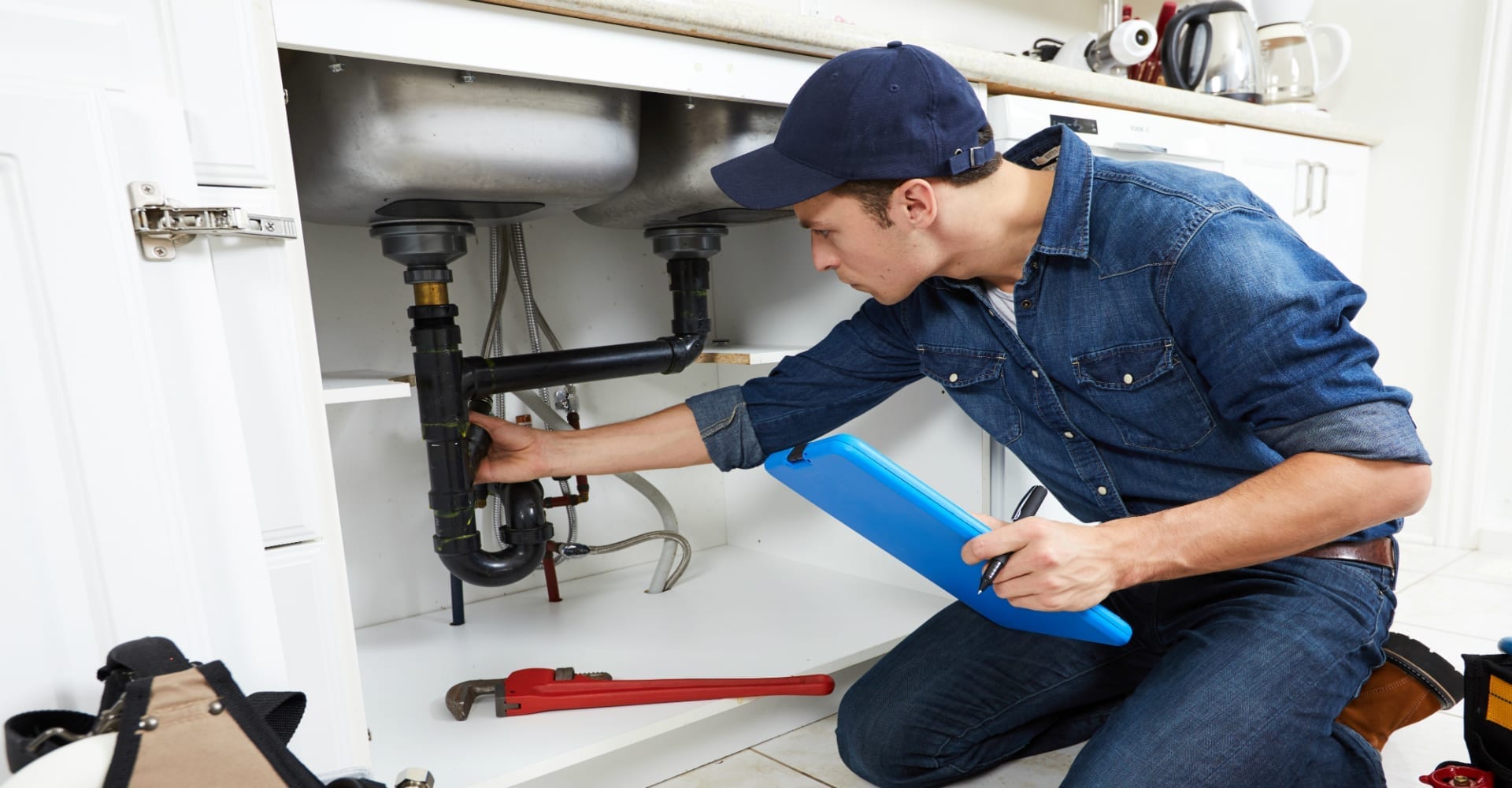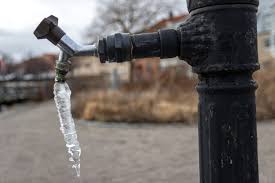Highly-Rated Ways to Secure Your Plumbing From Bursting in Cold Temperatures
Highly-Rated Ways to Secure Your Plumbing From Bursting in Cold Temperatures
Blog Article
Were you looking for additional info on How to stop pipes from freezing during the winter?

All home owners who stay in pleasant climates need to do their finest to winterize their pipes. It is something you must do throughout autumn prior to deep wintertime really begins. Failing to do so can mean calamity like icy, fractured, or burst pipelines. If the weather exterior is terrible, right here are some handy winterizing hacks to maintain your plumbing system shielded even.
Attempt a Hair Clothes Dryer or Warm Gun
When your pipes are practically freezing, your trusty hair clothes dryer or warmth weapon is a godsend. If the hot towels do not assist dislodge any clearing up ice in your pipes, bowling hot air straight right into them may assist. Do not make use of various other objects that generate direct fires like a blow torch. This can lead to a larger calamity that you can not regulate. You might wind up damaging your pipes while trying to thaw the ice. And in the long run, you may also end up burning your residence. So be careful!
Open Cabinet Doors Hiding Plumbing
When it's chilly outside, it would certainly be practical to open up cupboard doors that are masking your pipes. They could be someplace in your kitchen or shower room. This will enable the cozy air from your heater to distribute there. As a result, you avoid these revealed pipelines from freezing. Doing this little method can keep your pipes warm as well as restrict the possibly unsafe outcomes of freezing temperatures.
Require Time to Wrap Exposed Water Lines
One simple and also awesome hack to warm up icy pipelines is to wrap them with cozy towels. You can cover them initially with towels. After safeguarding them in place, you can put boiling water on the towels. Do it slowly to allow the towels take in the liquid. You can additionally use pre-soaked towels in hot water, simply don't neglect to wear safety handwear covers to secure your hands from the warmth.
Switch on the Faucets
When the temperature level decreases and it appears as if the cold temperature level will last, it will aid to activate your water both inside your home and outdoors. This will certainly maintain the water flowing via your plumbing systems. In addition, the activity will certainly slow down the cold process. Especially, there's no requirement to transform it on full force. You'll end up wasting gallons of water in this manner. Instead, aim for about 5 declines per minute.
When Pipes are Frozen, close Off Water
Turn off the primary water valve quickly if you discover that your pipelines are completely frozen or practically nearing that phase. You will generally discover this in your basement or laundry room near the heater or the front wall closest to the street. Transform it off today to prevent more damage.
With even more water, even more ice will stack up, which will at some point lead to burst pipes. If you are unsure concerning the state of your pipes this winter months, it is best to call a specialist plumber for an inspection.
All homeowners who live in warm climates should do their ideal to winterize their pipelines. Failure to do so can spell calamity like frozen, fractured, or burst pipes. If the warm towels do not assist remove any working out ice in your pipelines, bowling warm air directly right into them might assist. Transform off the major water valve promptly if you discover that your pipes are entirely frozen or almost nearing that stage. With more water, more ice will certainly pile up, which will eventually lead to rupture pipes.
PREVENT YOUR PIPES FROM FREEZING THIS WINTER
A Leading Cause of Property Damage
When the weather is taking a deep nose dive into the cold dreary days, the risk of your pipes freezing and potentially bursting skyrockets. Unfortunately, during these cold dreary months, burst pipes are the most common denominator for property damage. The pipes that are most at the risk are those that are in areas where it is most cold in your home. For instance, pipes located in interior places such as basements, attics, and your garage. Unfortunately, that doesn’t mean that the pipes running through your cabinets or exterior walls can’t freeze. Good news, however, is that you can do things to help prevent pipes from freezing.
How to Prevent Pipes From Freezing
Once the temperature starts to drop during the winter, you should be taking the proper measures needed to ensure that your pipes stay warm and that there is circulation of water through them. Some steps that experts may recommend could go against your better judgement when it comes to saving water and heat. However, it would go without saying that when expenses are compared, damaged pipes could put a bigger dent in your wallet than a water bill.
What Can I Do?
Keep your garage door closed. This is very important, especially if you have water supply lines running through your garage. Open your kitchen and bathroom cabinets to allow warm air to circulate through them. Allow air circulation throughout your home. Keeping the interior doors open will once again allow the warm air to circulate inside your home. Ensure your thermostat is running the same temperature throughout the night and day. If you plan to be away from home during the cold months, set your temperature no lower than 55° F. This should provide enough heat to keep the pipes warm and prevent any remaining water inside the pipes from freezing. For more of a long-term solution, add insulation to attics, basement, and other crawl spaces around your home. By allowing your faucet to drip, it will alleviate pressure in the system. This is important because the pressure that is created between the blockage and the faucet can potentially cause the pipes to burst. Allowing the faucet to drip will prevent the pressure from building up, therefore keeping the pipes from bursting. Seal any cracks, openings, and crawl spaces around your home to prevent cold air from coming inside. This keeps your pipes-not to mention your home-warmer and less susceptible to issues caused by freezing temperatures. For the pipes in your home that are easily accessible, applying electrical tape to them might prevent them from freezing over. This is a quick fix, as you can apply the tape directly to the pipe. There are two options for heating tapes. One turns on and off by itself when it senses heat is needed. The other type of heating tape needs to be applied when heat is needed and removed when not necessary. If you have exposed pipes in your home, you can check this website to take a look at a few options that would be available at a shop near you.

We were guided to that report on How to Prevent Frozen Pipes through a good friend on a different web blog. Do you know another individual who is curious about the subject? Why not share it. Thanks so much for your time spent reading it.
Plumbing crisis? Contact our experts. Report this page